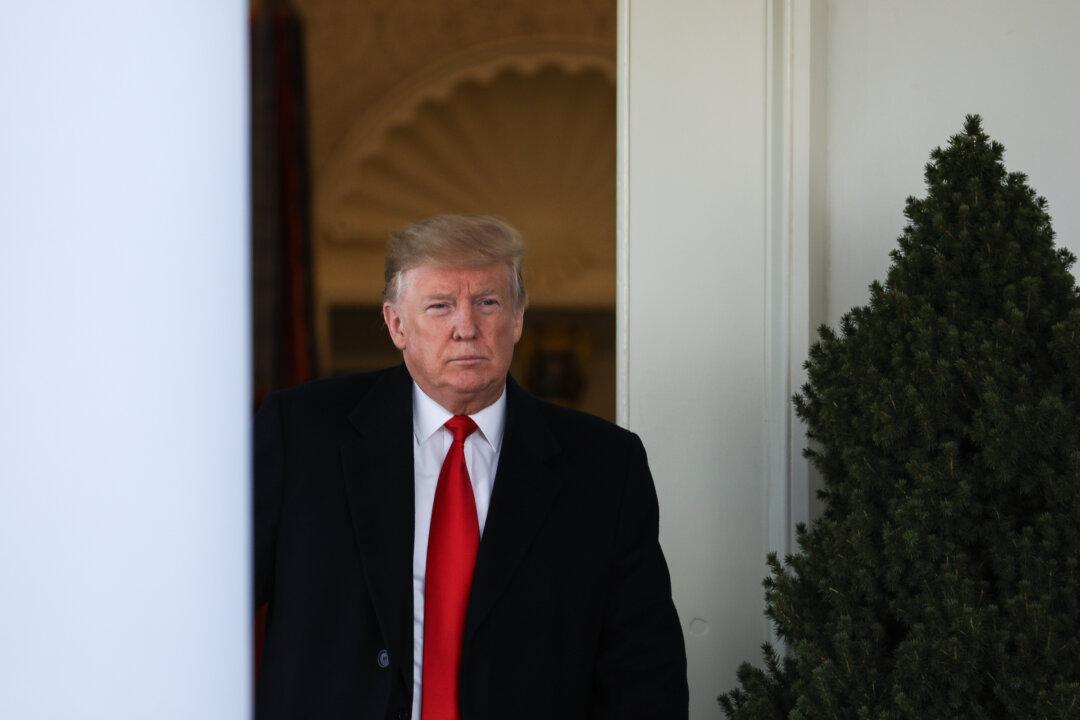President Donald Trump’s approval rating reached 53 percent, according to a polling firm on April 9.
Rasmussen Reports, which Trump often cites, showed that 53 percent approve of the job he’s doing and 45 percent disapprove.


President Donald Trump’s approval rating reached 53 percent, according to a polling firm on April 9.